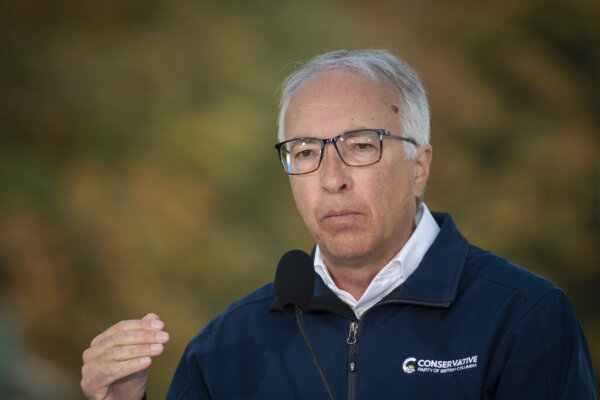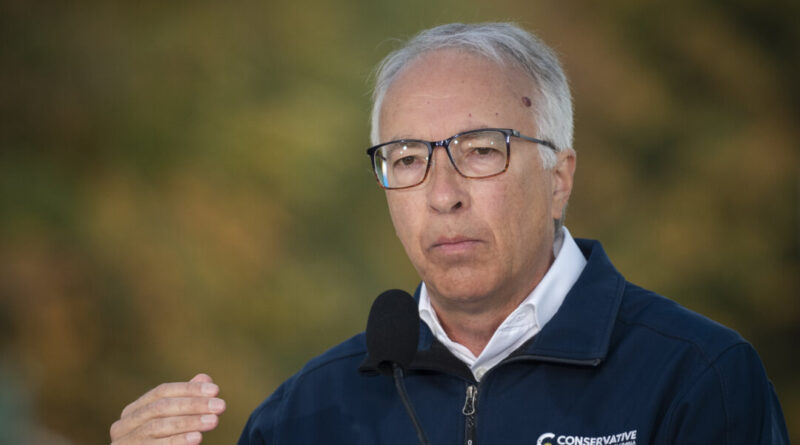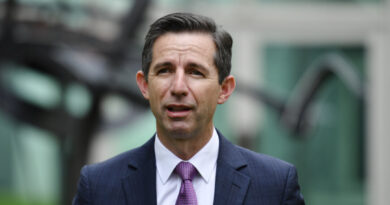Cory Morgan: Canceling John Rustad backfires, teaches political parties a lesson

There is a growing weariness among people towards cancel culture, which often leads to the downfall of prominent celebrities and politicians due to politically incorrect social media posts.
Platforms like Twitter (now X) have become breeding grounds for individuals to get caught up in controversies over seemingly harmless posts. The platform encourages quick and candid expression, allowing people to share opinions and reactions with a large audience instantly. However, this also creates a dangerous environment where reactionary mobs are ready to attack anyone who violates the perceived norms of acceptability.
One of the most notable backfires of cancel culture occurred in the case of BC Conservative Party Leader John Rustad. After facing backlash for retweeting a controversial post, Rustad was ousted from the BC Liberal Party. Surprisingly, this move did not end his career but propelled him to become a strong contender for the position of B.C.’s next premier.
In August 2022, Rustad shared a tweet by former Greenpeace founder Patrick Moore questioning the role of carbon dioxide in climate change. This action triggered outrage among climate change activists, leading to Rustad’s expulsion from the Liberal Party. Subsequently, in February 2023, he joined the Conservative Party of B.C. and soon became its leader, revitalizing the party and gaining significant public support.
By October 2023, Rustad’s Conservatives had surpassed the BC Liberals in popularity and secured party status in the legislature. The decline of BC United was further accelerated when party members grew disillusioned with its participation in cancel culture practices, including the exclusion of key conservative figures like documentarian Aaron Gunn. Rustad’s leadership provided a new political home for disenchanted party supporters and contributed to the downfall of BC United.
This incident serves as a lesson for politicians as it demonstrates that public figures can not only survive cancel culture attempts but also thrive amidst adversity. Voters are becoming increasingly tired of politically motivated attacks and are seeking accountability for present actions rather than past social media posts. As cancel culture begins to lose its grip, citizens are calling for a more nuanced approach to holding leaders accountable for meaningful change rather than trivial controversies.
It is evident that the public’s perception of cancel culture is shifting, indicating a decline in its influence. It is crucial for activists and politicians to recognize this changing landscape and adapt accordingly.
Views expressed in this article are opinions of the author and do not necessarily reflect the views of The Epoch Times.



